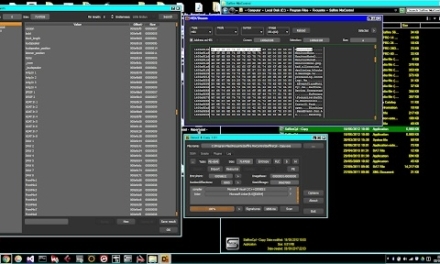A recent global poll shows that the increased threat profile of a remote workforce warrants thorough reviews of cybersecurity.
The coronavirus pandemic has caused major disruptions across the globe, with businesses scrambling to adapt to new ways of working.
As far as the global financial system is concerned, 75% of cybersecurity professionals representing financial institutions around the world have made dramatic changes to their firm’s cybersecurity programs to cope with the rapid shift to remote work due to the COVID-19 pandemic.
According to the Financial Services Information Sharing and Analysis Center (FS-ISAC), an industry consortium dedicated to reducing cyber risk in the global financial system, this was the result of a poll of 871 cybersecurity professionals—from financial institutions in more than 50 countries, including the USA, Canada, Brazil, United Kingdom, India, and Singapore—conducted by FS-ISAC at its Virtual Summit on May 19. The poll gauged which trends driven by the pandemic had the most impact on their cybersecurity programs.
Other findings by the poll:
- Digital banking tools were ready to securely-handle a huge increase in volume, as only 3% of respondents saw these tools driving significant program changes.
- 11% of respondents said third party risk concerns led to dramatic change.
- 46% reported their financial institution was likely to invest more in cybersecurity after the pandemic crisis.
Said Steve Silberstein, CEO, FS-ISAC: “The accelerated shift to remote work has fueled a rapid evolution of the cyber threat landscape. As the effects of this pandemic continue to unfold, CISOs and cybersecurity teams are constantly adapting their cybersecurity programs to meet a new reality that is everything but normal.”
To support its nearly 7,000 members in sharing information about cyber threats, including those derived from the pandemic, FS-ISAC launched the FS-ISAC Intelligence Exchange in April 2020. The platform includes a new cyber intelligence sharing app and a secure chat function for real-time communication and collaboration. Since its launch, more than 6,000 users globally have adopted the new platform. For more information about the Intelligence Exchange, please visit our website.

















